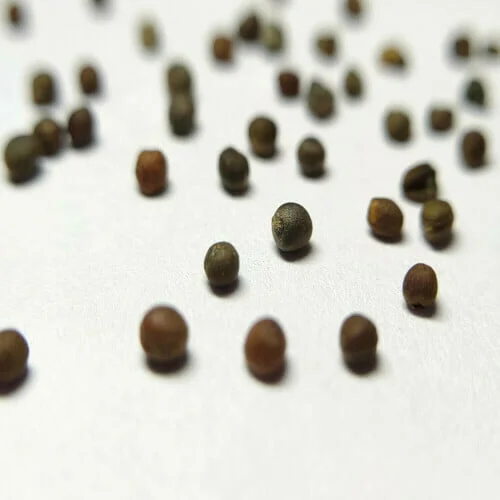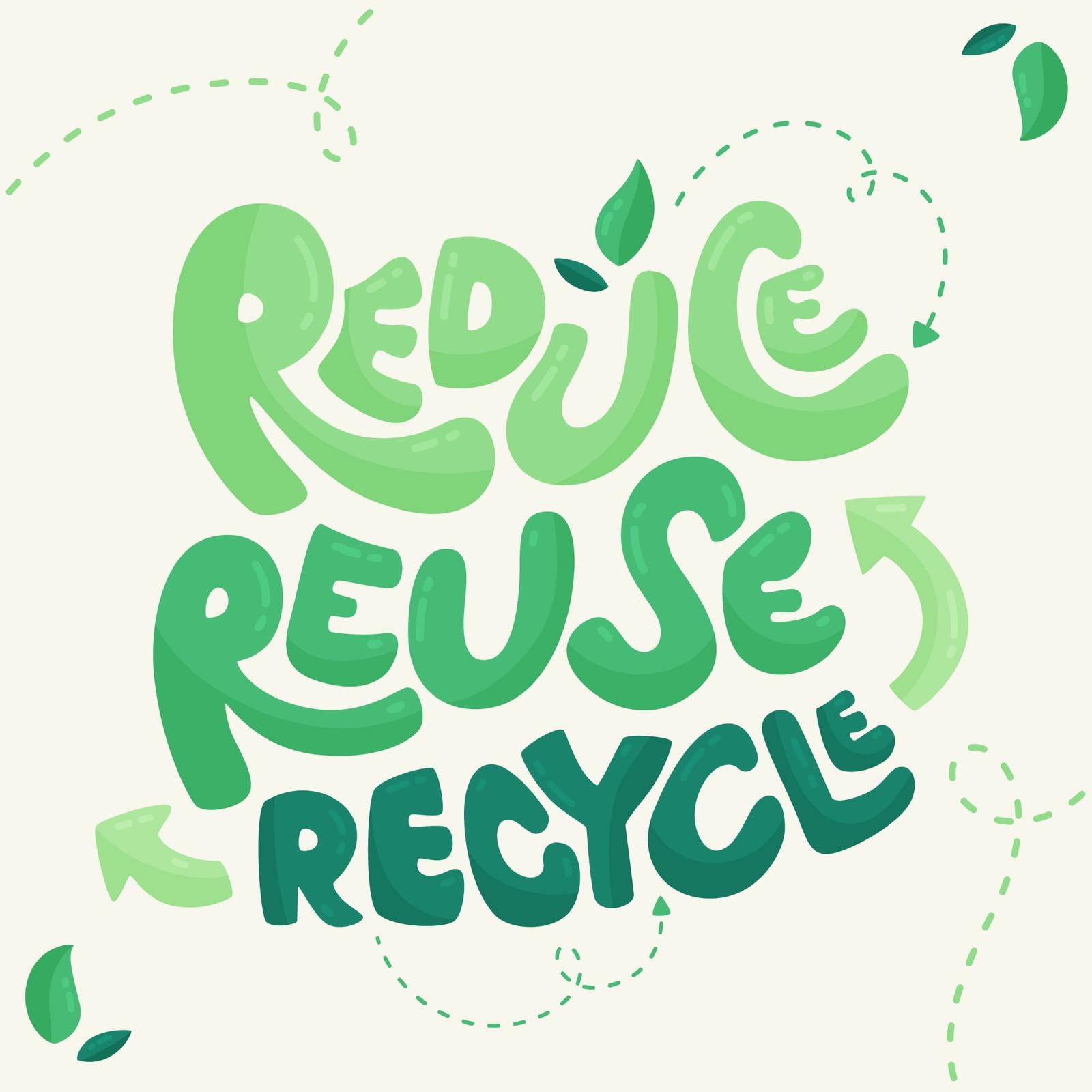Cabbage Seeds (10 seeds)
₹15.0
Cruciferous vegetables like cabbage are notorious for being chock-full of beneficial nutrients. If you are trying to improve your diet, cruciferous vegetables are a good place to start. The cabbage may help protect against radiation, prevent cancer, and reduce heart disease risk. Try our Non-GMO Cabbage Seeds. Also, check out our workshops for more details.
PRODUCT DESCRIPTION
Number of seeds in a packet – 10
PLANT DESCRIPTION
- Difficulty Level – Easy
- Plant Height – 1 – 2 feet
- Type – Outdoor
- Feed – VermiCompost for nutrients every week, Seaweed once a month for greener leaves and Epsom salt for better blooming once a month.
- Watering – Alternate days
- Sunlight – Full sunlight
- Germination time – 1 week
- Repotting time- 2 weeks
- Flowering time – 6 – 8 weeks
- Fruiting time – 10 – 12 weeks
- Harvesting time – 13 weeks
- Suitable temperature – 15°C – 21°C
- Season – Annual
- Sowing – Spring
ALTERNATE NAME
Botanical name: Brassica oleracea var. capitata
cabbage seed in hindi: Pattha Gobhee (पत्ता गोभी)
cabbage seed in tamil: Muttaikose (முட்டைக்கோஸ்)
cabbage seed in telugu: Gos Koora (గోస్ కూరా)
cabbage seed in kannada: Elekōsu (ಎಲೆಕೋಸು)
cabbage seed in bengali: Bām̐dhākapi (বাঁধাকপি)
cabbage seed in marathi: Kobi (कोबी)
cabbage seed in malayalam: Kabej (കാബേജ്)
Other names: cabage..
You must be logged in to post a review.
Q & A
The sustainability of vegetable seeds refers to their ability to be used and propagated in a way that minimizes negative impacts on the environment and supports long-term agricultural practices. Here are some factors that contribute to the sustainability of vegetable seeds:
Open-pollinated varieties: Open-pollinated vegetable seeds are those that can be saved and replanted, as they produce offspring with similar traits to the parent plant. These seeds help maintain genetic diversity and can be saved by farmers and gardeners, reducing dependence on seed companies.
Heirloom varieties: Heirloom vegetable seeds are open-pollinated varieties that have been passed down through generations, often with historical significance. These seeds often have unique flavors and characteristics and contribute to preserving traditional and diverse crop varieties.
Organic and non-GMO seeds: Organic vegetable seeds are produced without the use of synthetic pesticides, fertilizers, or genetically modified organisms (GMOs). Choosing organic and non-GMO seeds supports sustainable farming practices and reduces the potential environmental and health risks associated with chemical inputs and genetically modified crops.
Seed saving and sharing: Saving and sharing seeds is a sustainable practice that allows farmers and gardeners to maintain a diverse pool of plant genetic resources. By saving seeds from healthy and productive plants, individuals can adapt crops to local conditions, maintain biodiversity, and reduce reliance on commercial seed sources.
Seed banks and conservation efforts: Seed banks, both at the global and local levels, play a crucial role in preserving and conserving vegetable seed varieties. These institutions collect, store, and catalog seeds to ensure their long-term availability for future generations. Conservation efforts help safeguard valuable genetic resources and prevent the loss of unique vegetable varieties.
Sustainable seed production: Sustainable seed production involves environmentally friendly practices, such as minimizing water and energy use, reducing pesticide and fertilizer inputs, and managing soil health. Sustainable seed producers prioritize ecological stewardship throughout the seed production process.
Local and regional seed systems: Supporting local and regional seed systems promotes sustainability by reducing transportation distances and supporting local economies. Locally adapted seed varieties are often better suited to specific growing conditions, contributing to increased resilience and productivity.
It's worth noting that the sustainability of vegetable seeds is just one aspect of overall sustainable agriculture. It is essential to consider other factors, such as water use, soil health, biodiversity, and farm management practices, to achieve a holistic approach to sustainable food production.
General Inquiries
There are no inquiries yet.





Reviews
There are no reviews yet.